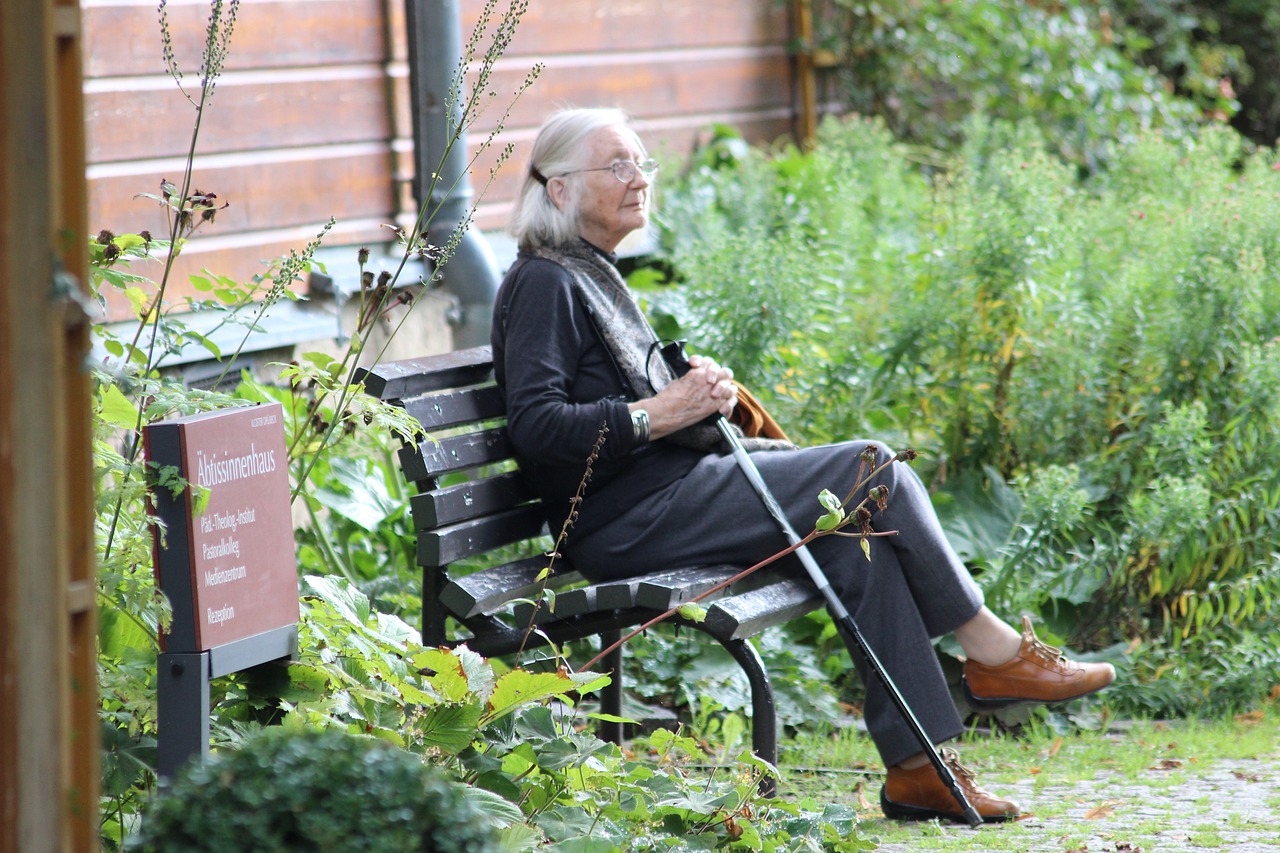As individuals approach their golden years, financial planning takes center stage, and for many seniors, the prospect of a reverse mortgage becomes a viable option. This financial tool, specifically designed for homeowners aged 62 and older, offers a unique set of benefits and risks that merit careful consideration.
Understanding Reverse Mortgages
A reverse mortgage is a loan that allows seniors to convert a portion of their home equity into cash. Unlike traditional mortgages, reverse mortgages do not require monthly repayments. Instead, the loan is repaid when the homeowner sells the house, moves out, or passes away. This financial instrument can provide a lifeline for seniors seeking additional income during retirement, but it’s crucial to weigh the benefits and risks.
Benefits of Reverse Mortgages
1. Supplemental Income
One of the primary attractions of reverse mortgages is the ability to tap into home equity for supplemental income. Seniors can receive funds in various forms, including a lump sum, monthly payments, or a line of credit, providing flexibility to meet individual financial needs.
2. No Monthly Payments
Unlike traditional mortgages, reverse mortgages don’t require monthly repayments. This can be a significant relief for seniors on fixed incomes, as it alleviates the burden of regular loan payments.
3. Homeownership Retention
Seniors can continue to live in their homes as long as they meet the loan obligations. This can be particularly appealing for those wishing to age in place and maintain a sense of familiarity and independence.
4. Tax-Free Proceeds
The funds received from a reverse mortgage are generally considered loan advances, not income, and are thus tax-free. This can be advantageous for seniors looking to maximize their financial resources without triggering additional tax liabilities.
Risks Associated with Reverse Mortgages
1. Accruing Interest
While not having to make monthly payments is a significant advantage, it comes with a trade-off. Interest on the loan accrues over time, leading to an increase in the total amount owed. This can erode the equity in the home and impact the inheritance left to heirs.
2. Potential Impact on Heirs
Upon the passing of the homeowner, the reverse mortgage becomes due. Heirs may face the challenge of repaying the loan or selling the property to settle the debt, which could affect the legacy left to them.
3. Costs and Fees
Reverse mortgages come with upfront costs and fees, including origination fees, closing costs, and mortgage insurance premiums. It’s essential for seniors to carefully consider these expenses and assess their impact on the overall financial picture.
4. Home Value Fluctuations
The amount available through a reverse mortgage is contingent on the appraised value of the home. If the property’s value decreases, it can limit the funds available to the homeowner.
Making Informed Decisions
Before venturing into a reverse mortgage, seniors should conduct thorough research, seek advice from financial advisors, and carefully evaluate their unique circumstances. Understanding the intricacies of the loan, including interest rates, repayment conditions, and potential impact on heirs, is crucial for making an informed decision.
For seniors in California exploring the possibility of a reverse mortgage, expert guidance is essential. At Reverse Mortgage California, our team is dedicated to providing personalized assistance to help seniors navigate the benefits and risks of reverse mortgages. If you or a loved one are considering this financial option, call us at 1 (888) 387-8415. Our experienced professionals are ready to answer your questions and guide you through the process, ensuring that you make decisions aligned with your financial goals and aspirations.

